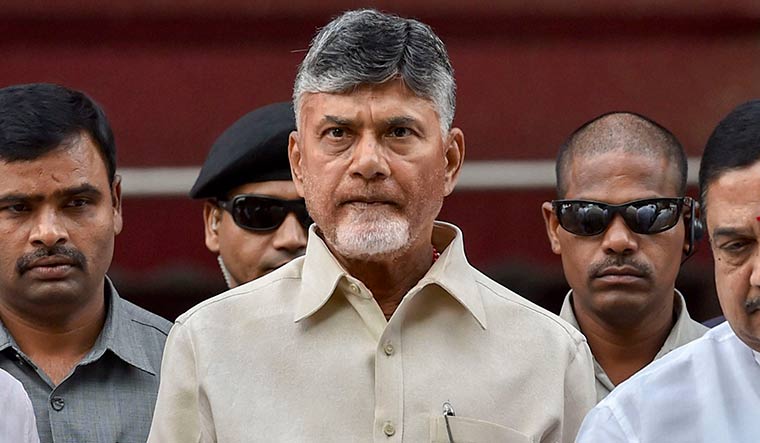
Advocate Offices in Residential Buildings Exempt from Property Tax: Delhi High Court
Last Updated on January 29, 2024 by News Desk
The Delhi High Court has ruled that an advocate’s office run from a residential building is not subject to property tax under the Delhi Municipal Corporation Act as a “business building.” The Division Bench of the Delhi High Court, consisting of Hon’ble Mr. Justice Najmi Waziri and Hon’ble Mr. Justice Sudhir Kumar Jain, noted that the Master Plan for Delhi (MPD) 2021 permits professional activity in residential buildings, subject to certain conditions. However, the said provision does not empower the corporation to levy tax for professional activity being carried out in residential buildings.
The issue arose in 2013 when the South Delhi Municipal Corporation (SDMC) issued notice demanding property tax to a lawyer who was running his office in a portion of his residential premises. The Division Bench authored a brief, brilliant, bold, and balanced judgment authored by Hon’ble Mr Justice Najmi Waziri for the Division Bench of Delhi High Court comprising of himself and Hon’ble Mr Justice Sudhir Kumar Jain.
The court concluded that the “power to tax must be express, else no power to tax” is held, and that professional activities are permitted under MPD 2010, under certain conditions. The language of section 116 A (1) of the DMC Act, 1957 does not include tax on professional activities. The Division Bench observed that the discharge of professional activities by advocates would not be covered under the expression “business” nor would it be professional establishment because the word “establishment” would only refer to as “shops” as defined in the Bombay Shops and Establishment Act, 1948.
The court also noted that the MCD’s powers to levy property tax are embodied in Sections 115 and 115-A of the DMC Act. The Byelaws have been enacted under Sections 481 and 483 of the Act. Clause 9 of the Bye-laws defines the categories under which property tax can be levied.
For taxation to extend to a class of activity, such activity must be specified, defined, and included in that class or category. Neither the Act nor the Byelaws define “professional activity” carried out by advocates, architects, doctors, etc.
The Division Bench further stated that in the law regarding interpretation of taxing statutes, what needs to be seen is whether “professional activity” by lawyers would be classified under clauses 9(a) (b) (i) and (ii) of the Delhi Municipal Corporation (Property Taxes) Bye-laws, 2004.
The DMC Act does not define “professional activity,” and the Supreme Court has held that “professional activity” of lawyers does not fall within the category of ‘commercial establishment’ or ‘business activity’ and the firm of lawyers is not a ‘commercial establishment’ within the meaning of the Act.
The Division Bench mandated that the rule of strict interpretation of taxation statutes be applied. There is no scope for reading the derivative meaning or intent of the statute. Insofar as the statute has not included “professional activity” of lawyers as “commercial activity,” the former cannot be put to tax. The assessment order issued by the MCD under Section 123D of the DMC Act, 1957, along with any demand, were rightly quashed.
The Delhi High Court’s landmark decision established that an office operated from a home is not taxable as a “business block” for the purposes of the Delhi Municipal Corporation Act, and thus, there should be no debate about this issue. The Division Bench rejected the appeal, stating that it had no basis and had no basis to interfere with the impugned judgement.
Written by: Srijan Raj, @procrastinate_human




